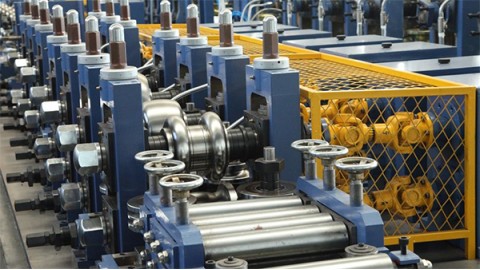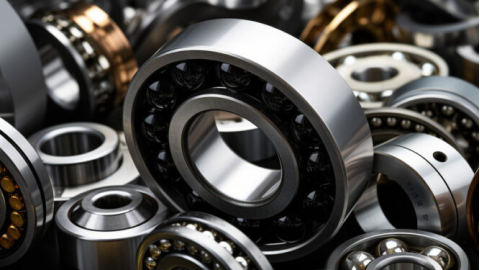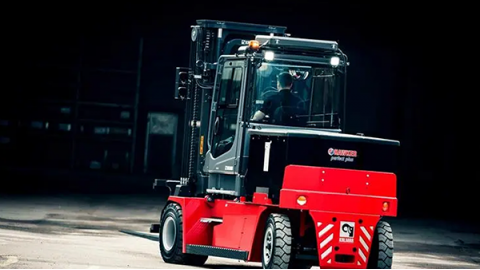Top 10 Mixing and Dosing Manufacturers and Companies
Mixing and dosing are critical operations in industrial processes. They involve the precise combination of multiple substances and the controlled rate of their addition. These processes are vital for industries like water treatment, food production, pharmaceuticals, and chemical manufacturing. Mixing ensures uniform distribution of ingredients. Dosing provides controlled dispensing. Both affect the final product's quality, safety, and efficiency. This article explores the top manufacturers in this field.

Understanding Mixing and Dosing Technologies
Mixing combines substances to achieve homogeneity. Dosing involves distributing a substance at a predetermined rate. Different technologies serve various needs.
High-Shear Mixers use a rotor-stator system for intense mixing. They are ideal for creating emulsions and suspensions.
Positive Displacement Pumps, like diaphragm or piston pumps, handle precise dosing tasks.
Static Mixers use fixed elements to blend fluids without any moving parts.
Gravimetric Feeders utilize gravity for dosing, often used for bulk solids.
Mass Flow Meters measure flow based on the Coriolis effect, ensuring high accuracy.
Automated Control Systems integrate sensors and software for real-time monitoring and adjustments.
Key Industry Applications
These processes are fundamental across many sectors. Each industry has unique requirements.
Water Treatment: Mixing and dosing are used for disinfection and pH adjustment.
Food and Beverage: Applications include ingredient blending and flavor addition.
Pharmaceuticals: Precise dosing is crucial for drug formulation and regulatory compliance.
Chemical Manufacturing: These processes aid in reaction control and by-product management.
Agriculture: They enable the precise application of fertilizers and pesticides.
Oil and Gas: Used for additive injection and process optimization.
Construction: Vital for concrete production and additive dosing.
Standards for Top Manufacturers
Leading companies distinguish themselves through several key factors.
Technological Innovation: This includes patented mixing designs or smart dosing systems.
Industry Expertise: Measured by years of experience and specific application knowledge.
Global Reach: Assessed by international presence and local support networks.
Product Range: Top providers offer solutions from lab scale to full industrial scale.
Compliance and Certification: Adherence to standards like ISO 9001 or industry-specific norms is critical.
Customer Support: This encompasses training, maintenance, and troubleshooting services.
Sustainability Practices: Features like energy-efficient designs or waste-reducing systems are important.
Profiles of Leading Mixing and Dosing Companies
Here are some of the top manufacturers driving the industry forward.
SPX FLOW provides equipment like APV mixers and Waukesha pumps. They focus heavily on sanitary applications for the food and pharmaceutical sectors.
Sulzer Ltd is renowned for its static mixers and chemical metering pumps. They serve a wide range of process industries.
Seepex GmbH specializes in positive displacement pumps. Their expertise is in handling high-viscosity fluids.
ProMinent GmbH focuses on water treatment and disinfection systems. They are a key player in environmental applications.
NETZSCH Grinding & Dispersing offers high-shear mixers and precision dosing systems. They are experts in processing difficult materials.
Verder International is known for its hose pumps and laboratory equipment. They provide reliable solutions for research and industry.
Milton Roy specializes in metering pumps and advanced control technology. They emphasize accuracy and reliability.
Innovation and Future Trends
The industry is evolving rapidly with new technologies.
IoT Integration allows for remote monitoring of mixing and dosing systems. It enables predictive maintenance.
Artificial Intelligence (AI) optimizes processes. AI algorithms adjust parameters based on real-time data.
Nanotechnology allows for the precise dosing of nanoparticles. This is key for advanced materials.
Sustainability Focus leads to designs with energy-efficient motors. The goal is to reduce chemical usage.
Modular Systems allow for scalable and customized solutions. They provide flexibility for different production needs.
Advanced Materials, like corrosion-resistant alloys, extend equipment life. They are essential for harsh chemical environments.
How to Choose a Mixing and Dosing System
Selecting the right system requires careful analysis of your specific needs.
Process Requirements: Consider factors like fluid viscosity, flow rate, and material compatibility.
Accuracy Needs: Define the required dosing precision, such as ±1% or better.
Hygienic Standards: For food or pharmaceutical use, certifications like 3-A or EHEDG are mandatory.
Maintenance: evaluate the availability of spare parts and the frequency of required service.
Total Cost of Ownership: Look beyond the initial price. Consider energy consumption and long-term maintenance costs.
Scalability: Choose a system that can grow with your operation or adapt to process changes.
Supplier Reputation: Assess a vendor's reliability through customer reviews and case studies.




